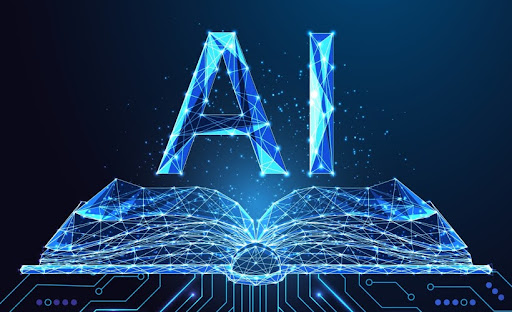Library Resources as Essential AI Complements

The beauty of information literacy is that there’s never a time when it’s not at the fore in our academic, professional, and even personal lives. Our days are filled with moments that bring up the need for facts and a way to find them, and our modern world offers a multitude of avenues for doing just that. The newest tool is generative AI—especially ChatGPT, which your students and patrons, and perhaps you, are using for information needs big and small.
As when the internet was introduced, the availability of generative AI has heralded a period of concern and policy adjustment in libraries and education generally. At Infobase, we’ve listened to librarians on this and have taken your approach: avoiding the extremes of “this is great, let’s use it for everything” and “this is not allowed” and instead adopting the more fruitful “let’s see how the best of AI can complement traditionally produced sources.”
Information Literacy and AI
That was the approach discussed in “Navigating Information Literacy in the Age of AI,” a webinar we offered on June 3 and that you can watch here. Infobase’s Director of Credo Franchise Jeff Soloway and Senior Director of Licensing Strategy Sharon Golan introduced our new product, the Infobase Artificial Intelligence Streaming Collection, which offers videos that help users understand how to use AI ethically, effectively, and efficiently. Soloway described how AI can be used for research in a way that meets basic informational literacy tenets. He noted that, while AI is changing the methods of research, the basics of that task haven’t changed—researchers still need to find, evaluate, and effectively use reliable sources. Soloway continued by demonstrating how to use the source links provided in grounded AI and vetted library sources such as Credo Reference to get information that is both reliable and acceptable for academic use.
Golan then showed how the titles in Infobase’s new AI video collection support the acquisition of general information literacy skills for educators and for students. “The product also encourages students to explore on their own,” Golan said, “helping them to develop crucial critical-thinking, problem-solving, and analysis skills, as well as enhancing their technological proficiency.”
IL Resources That Can Help Teach Students and Faculty How to Use AI Responsibly
Our information literacy courseware products, Credo Information Literacy—also discussed in the webinar—offer guidance for students and faculty who are using AI alongside their library’s resources. Credo Information Literacy offers videos, tutorials, and quizzes on research skills, critical thinking, and more for students at two- and four-year colleges and universities, and InfoLit – Health Science focuses on the information literacy skills and concepts needed by nursing and other allied health students. Each product includes a “Student Guide to AI” and a “Faculty Guide to AI” that introduce, with more detail for faculty, what generative AI is, problems that can be encountered when using it, how it can best be used in academic work where allowed, how to write prompts, and how to cite AI usage.
We will continue to add new content to the products: tutorials on how to use ChatGPT for multimodal purposes, such as producing images, and how to use AI systems other than ChatGPT for research. Throughout, the emphasis is on fact-checking AI using library sources, including Credo Reference. That way, when students face the need for information now and in the future, they will know how to use AI but also know its limitations and when to turn to vetted, more trusted sources.